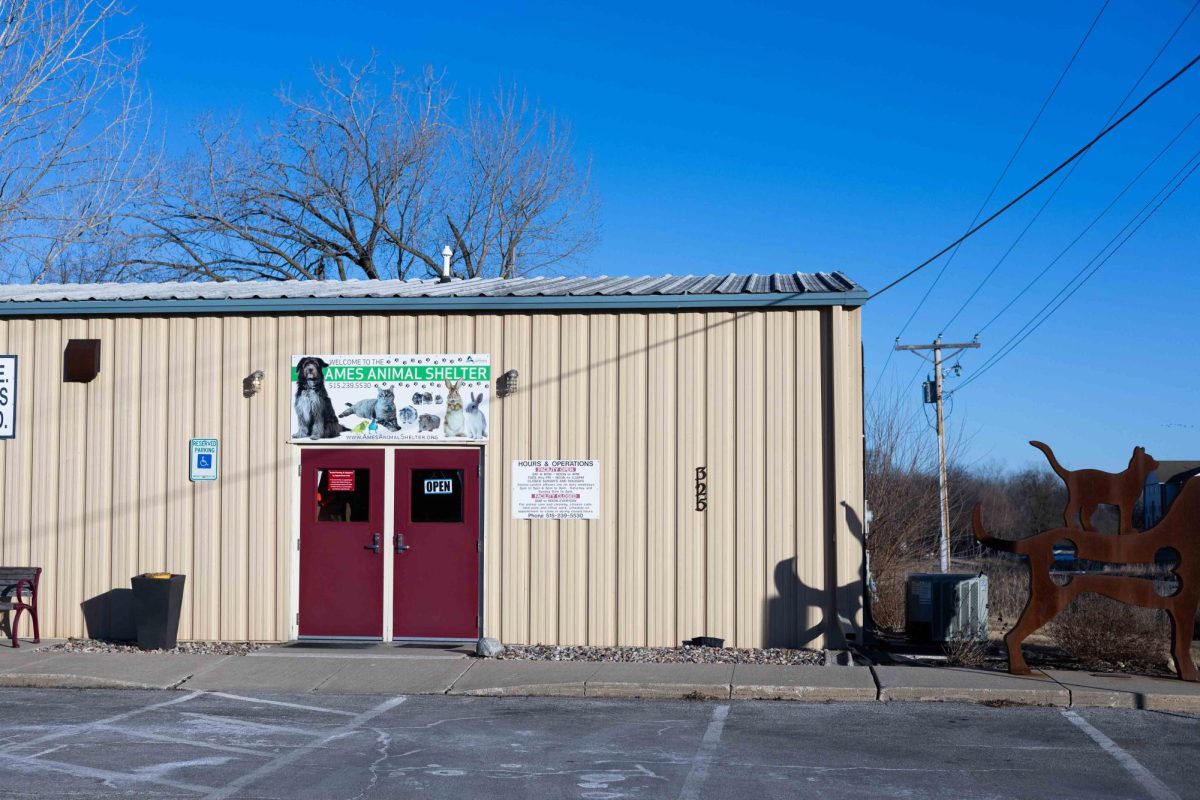Iowa will allow soldiers who are deployed abroad to cast vote electronically
August 25, 2006
DES MOINES – Iowa soldiers deployed abroad will be able to request and cast absentee ballots electronically under new rules announced Thursday by state and local election officials.
“Time is of the essence,” said Montgomery County Auditor Joni Ernst, herself a major in the Iowa National Guard who has been deployed to the Middle East.
“This is a significant number of voters.”
Polli Brunelli, head of voter assistance programs at the Defense Department, said Iowa will become one of seven states that allow absentee ballots to be cast electronically, and hailed the move as a way of increasing voter participation in this year’s midterm elections.
“Voter participation in midterm elections drops by 10 percent to 20 percent,” she said.
The announcement was made at a Statehouse news conference featuring state, local and federal officials, and National Guard soldiers.
Secretary of State Chet Culver said letters will be sent in the coming week to families of those deployed overseas listing their options for voting.
Those options include a family member picking up an absentee ballot, but also for the first-time soldiers themselves can request an absentee ballot by e-mail.
The soldiers can then either fax or e-mail the ballot back.
Ernst said about 1,420 Iowans are deployed overseas.
She said the electronic voting is a major convenience for soldiers because mail can take weeks to be processed from some locations.
“It was not unusual for mail to arrive home four to five weeks after it was mailed,” she said.
Iowa National Guard spokesman Lt. Col. Greg Hapgood said soldiers will be able to take advantage of technology that has changed rapidly, even in deadly combat zones.
“They have communications hubs where they have all kinds of computers,” Hapgood said. “Every soldier, regardless of rank can have an e-mail account.”
Brunelli said election officials have installed special filtering devices to provide security and ease concerns about voter fraud.
State election law allows the secretary of state, who serves as the state’s top election official, to determine the methods of transmitting ballots to military and overseas voters, and allows the use of electronic methods.
Brig. Gen. Mark Zirkelbach, deputy adjutant general of the Iowa National Guard, said it makes common sense to make it easier for soldiers who are overseas to vote.
“It is your fundamental right as an American,” Zirkelbach said.






